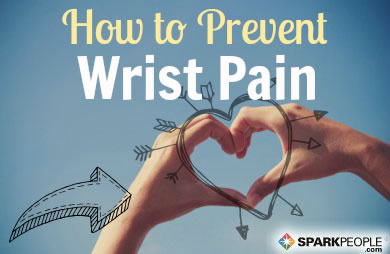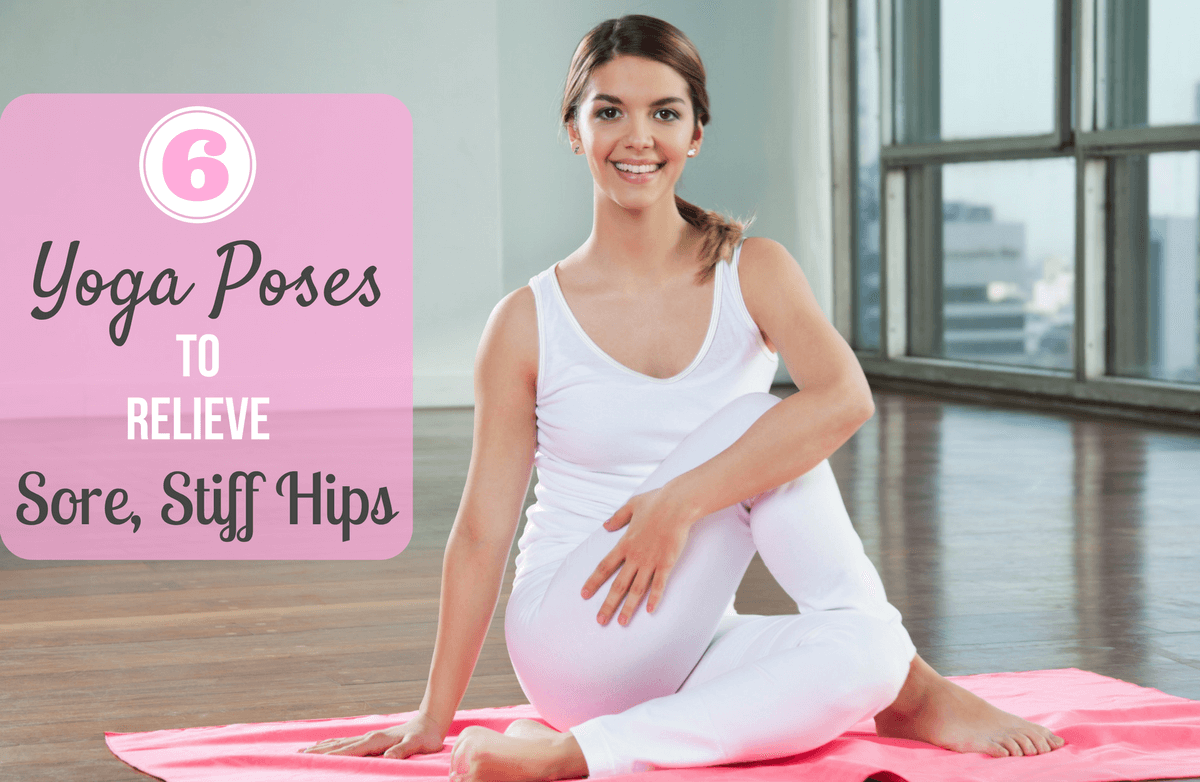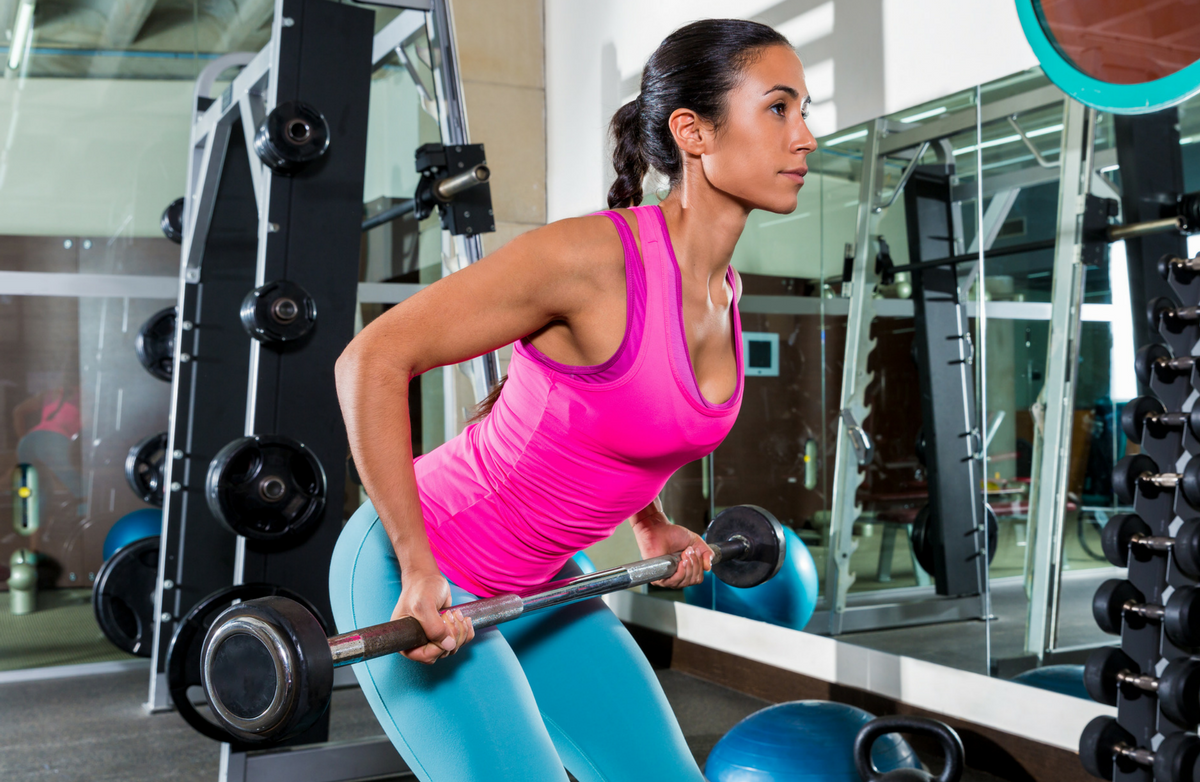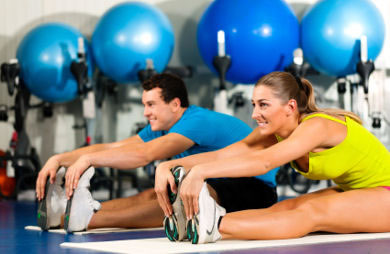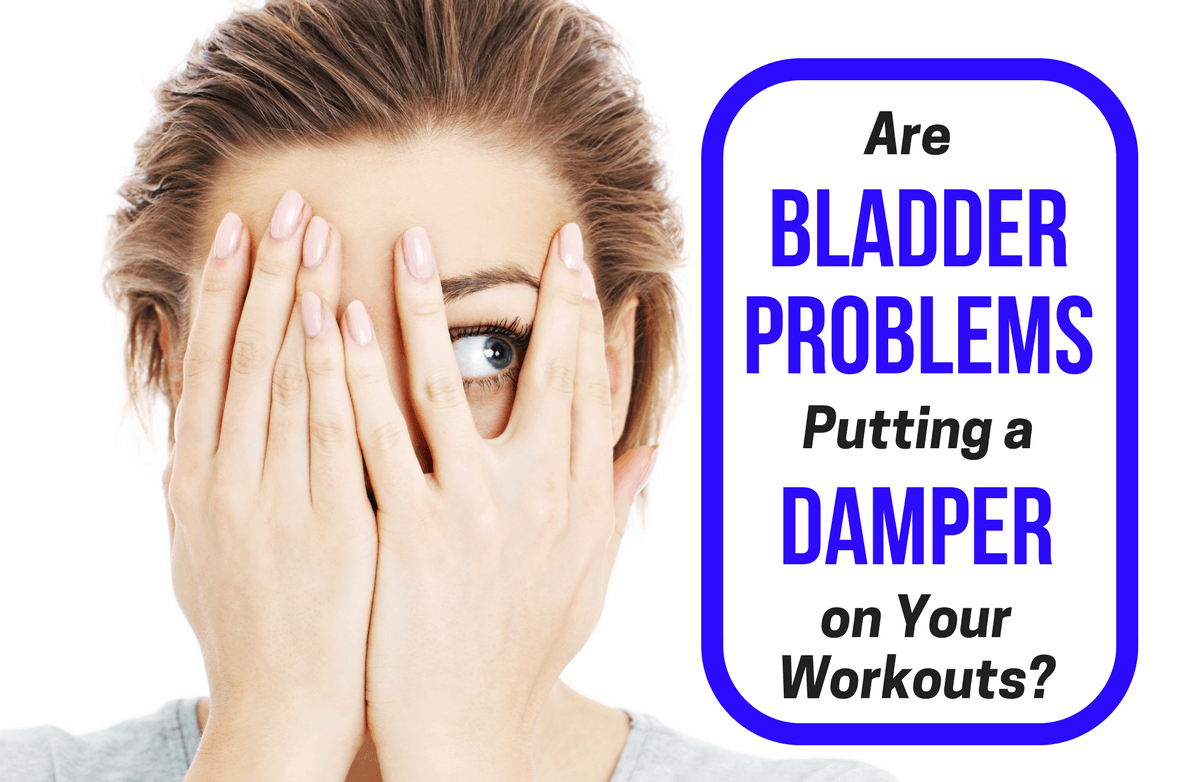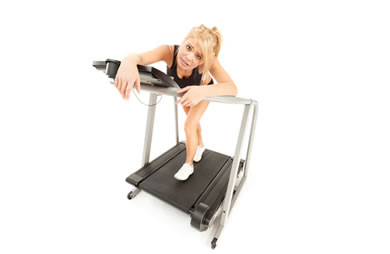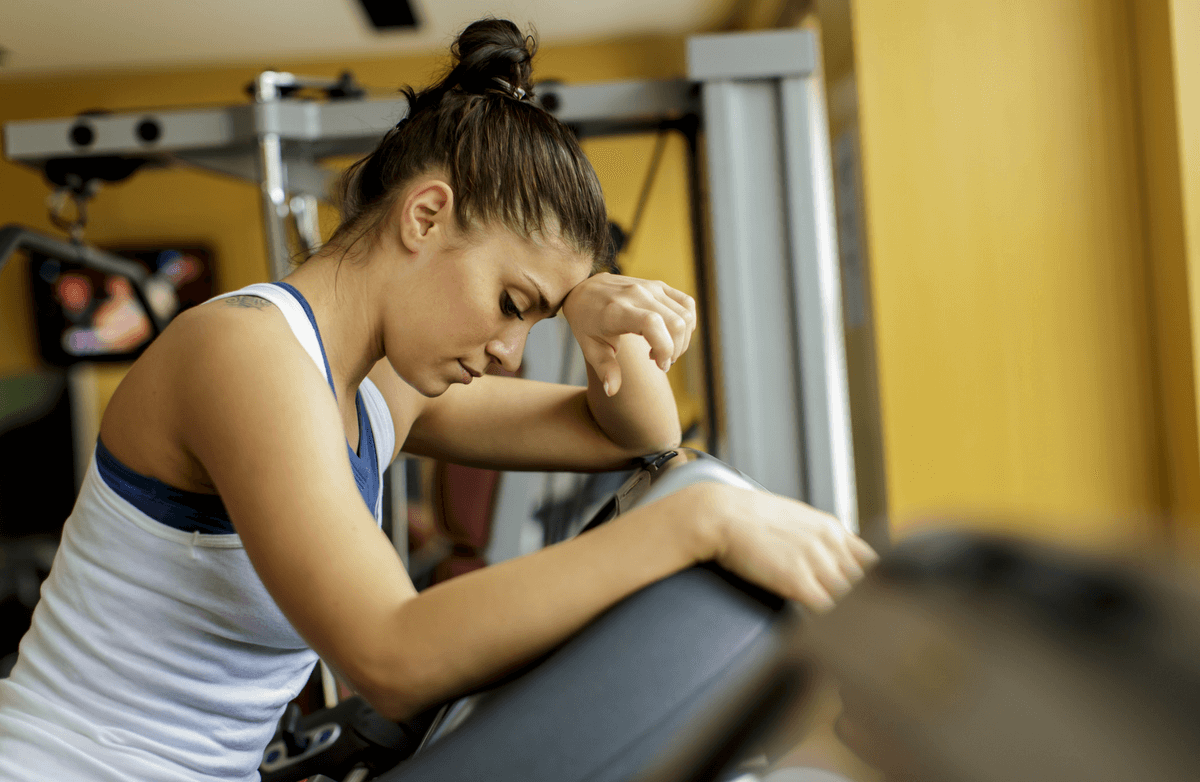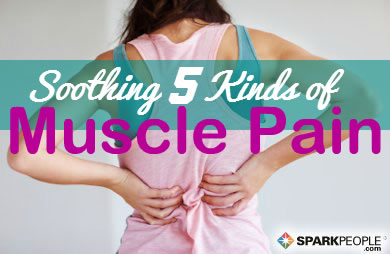To a non-runner, the sport probably seems pretty simple: You just lace up your shoes and put one foot in front of the other. What could possibly go wrong? But if you’re a runner—whether it’s been for a day or a decade—you’ve probably discovered that while it can be exhilarating and exciting, running certainly isn’t the most elegant of exercises. To the contrary, it can be confusing, painful and downright messy. You’d hate it, if you weren’t already head-over-sneaker-clad-heels in love with it.
Chances are you’ve had some questions along the way, most of which you’d never dare ask for fear of becoming an instant laughing stock—but never fear, an answer is always near. We asked some running experts and weekend warriors to spill the beans on some of the most excruciating questions they’ve heard or had themselves. Sit back, loosen your sneakers and take comfort in the fact that you’re far from alone.
Question #1: I can’t run because my breasts are too big and bounce too much. Not only does it hurt, but I’m self-conscious that people are staring. What can I do?
Breast pain is more common than you might think, and is not necessarily size related. Fitness trainer and long-distance runner Julia Buckley
Certified personal trainer and fitness expert Michael Blauner also stresses the importance of good posture, which ensures proper form, incorporates your back muscles and prevents slouching, which can lead to pain.
Question #2: How do I deal with leakage postpartum?
If you're getting back into running after having a baby and have noticed some unwanted (and embarrassing) dribbling, you might assume that leakage is a normal and unavoidable side effect of motherhood. Certified pregnancy and post-natal trainer and
Kelly also reminds new runner moms to take it easy and not push too hard, too fast. "Try to take shorter, slower runs and gradually progress to more intense runs. Scale back if you notice symptoms returning," she suggests. "Walking, swimming, cycling and even
Question #3: What’s the deal with the poop?
It might not be an appropriate dinner topic, but you can rest assured that every runner in the history of the sport has been betrayed by their bodily functions at some point. In fact, it’s the most common question that coach Kyle Kranz receives from his athletes. "The issue is that when a runner heads out for a jog right after waking, the act of running is a quick way to get the bowels moving," he explains.
When Kranz has to run first thing in the morning, he will either run straight toward a bathroom along his route, or do a half mile out and
Question #4: How do I go to the bathroom during a race?
The large majority of runners don’t mind sacrificing an extra couple of minutes to duck into a portable potty and take care of business. Unfortunately, as
Question #5: How can I prevent bloody nipples?
This super-painful problem typically strikes male runners, who don’t have the extra barrier of a sports bra. As
Question #6: I sweat buckets during runs, while my friend somehow remains fresh as a daisy. Why is this and can I do anything to stop it?
Sweating isn’t a bad thing—Buckley points out that it’s the body's way of cooling itself. "People of the same fitness levels sweat different amounts in the same conditions," she says. "This has to do with genetics and also with the number of sweat glands
If your perspiration is putting a damper on your motivation, Buckley suggests choosing running gear made from breathable fabrics to help keep you feeling fresh. "Choose technical textiles that wick away moisture and allow your skin to breathe, and you might find you're giving your fresh friend a run for her money," she says.
Question #7: Does running aggravate hemorrhoids?
Although running shouldn't cause or aggravate hemorrhoids, a Runner’s World doctor confirms that running during a flare-up is likely to be uncomfortable. There are two types of hemorrhoids, internal and external. The external type can be tender and sore, sometimes causing discomfort and bleeding during or after a run.
To prevent flare-ups, Basu recommends sticking to a high-fiber diet, with plenty of fresh vegetables, legumes and fruits. "Drinking more water will also help prevent you from becoming constipated and needing to strain during bowel movements, which can aggravate the problem," she says. Exercise also helps to stimulate healthy bowel function, which prevents constipation and therefore helps to prevent hemorrhoids. When you do get a hemorrhoid, you might want to try a topical ointment. If the problem is severe or persistent, talk to your doctor.
Question #8: Can I run during my period?
There is no medical reason to cut back on running during your period, Dr. Mona Shangold told
Question #9: What’s with the body acne?
You’re loving the chiseled calves and superhero lungs, but you’re not a huge fan of the unsightly pimples on your chest, back and arms. Athlete’s acne is actually a common issue, as the combination of sweat and friction between your skin and clothes fabric can cause bacteria to get trapped in your pores. To
Question #10: Why are my toenails turning black?
Virtually all veteran runners have dealt with this unsightly issue at some point. The most common culprit is an ill-fitting running




